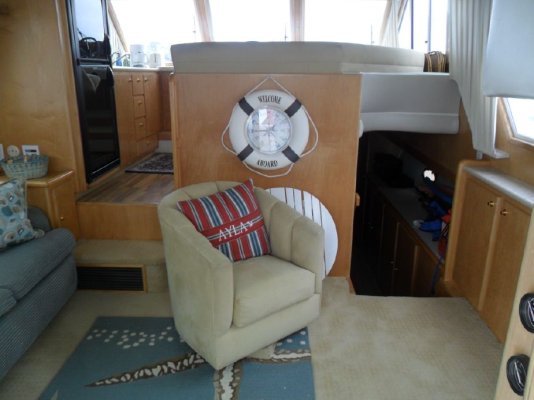Clearly you have no clue as to the realities of warning systems. The reality is that electronic and electrical components are designed to fail first in order to protect their fuses or circuit breakers. Water pump impellers are designed to fail first so as not to over-stress the waterfow sensors.. Engines are dsigned to seize first to avoid endangering the integrity of the oil pressure sensors and alarms. And so on.

The vast majority of problems with a new model jetliner that cause delays or cancellations are due to faulty warning sensors or systems. Most of the time troubleshooting finds that the airplane component or system is just fine: the hiccup is with the warnng system associated with it.
Reducing the incidents of delays and cancellations with a new model of plane like the 787 or A350 is more about fixing or redesigning the warning systems than the airplane itself.
Having experienced numerous incidents of sometimes serious problems occuring without the activation of a warning system-- be it with vehicles/heavy equipment, airplanes or boats--- I learned a long time ago not to rely on warning systems alone. They're nice to have, but like the equipment they protect they are susceptible to not functioning when you need them to the most.
So I, like the operators, pilots, and boaters I have come to respect the most over the years, have learned to augment automatic warning systems with other means of being aware of what's going on. Among these are sound, smell, and feel.

 (In the second pic, the stateroom is directly below the pilothouse and first door on the left down the hall)
(In the second pic, the stateroom is directly below the pilothouse and first door on the left down the hall)





